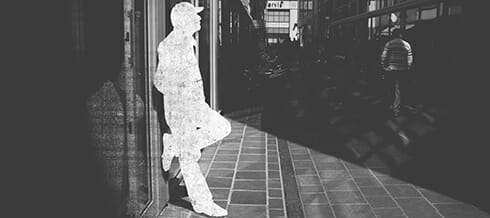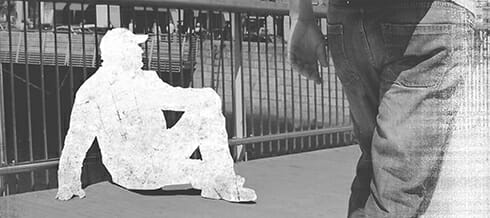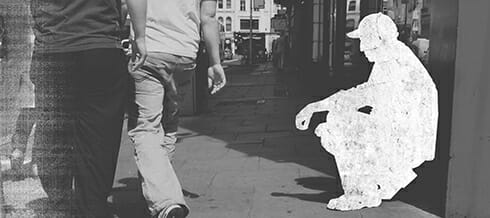How To End Ireland’s Drug Deaths Epidemic
June 6, 2018
In 2001, Portugal decriminalised the possession of drugs for personal use. Since then, yearly overdose deaths have fallen from 300 to 23; problematic drug use has halved; and HIV infection rates have similarly plummeted. STUART CLARK travelled to Lisbon to see where it’s all gone right. Plus, we look forward to the first of the Hot Press, Ana Liffey Drug Project and LSE Drug Policy Town Hall meetings.
“We haven’t stopped the war on drugs, we’ve stopped the war on people.” Dr. Nuno Capaz is explaining the philosophy behind Portugal’s health-based ‘treat don’t punish’ drug laws, which have seen overdose deaths fall from 300 in 2001 to 23 last year. In that same period, the number of problem drug users has been halved from 100,000 to 50,000; intravenous drug use as a factor in new HIV cases has plummeted from 60% to 6%; and heroin use among the prison population is down from 14% to 3%.
With official government stats like that, it’s no wonder that Portugal has become such an important reference point for progressive drug policy.
“We’ve had delegations visiting us from all over the world including Ireland, Canada and Norway, where they’re introducing their own version of decriminalisation,” resumes Capaz, an amiable fortysomething whose hipsterish demeanour belies the fact that he’s Vice-President of the Lisbon Drug Addiction Dissuasion Commission. More commonly known as the CDT, it’s where 4,000 people caught with drugs for personal use were sent last year, instead of to court. Following an initial assessment in the organisation’s nondescript suburban offices, they were obliged to return, to meet a panel comprising of a lawyer, a psychologist and a social worker.
“People are apprehensive about coming here, but we’re not trying to punish them,” Nuno stresses. “Because we’re part of the Ministry of Health we’re not a threatening structure. We don’t moralise, and we offer advice rather than instruction. It’s the person who’s been decriminalised, not the drug, which remains illegal. The assessment determines whether they’re a recreational user or a drug addict because the law applies differently to them. In between the two, there’s a huge grey area of more or less problematic cases.
“We always try to discover if people have problems other than the use of an illicit substance,” he adds, “whether it’s an early dropout from school, a long-term unemployment situation, someone who uses alcohol as well as drugs, someone who has family problems, an illegal immigrant with no paperwork and residence status acquired, we can put them in contact with the relevant services to ensure that their problem doesn’t develop into an even bigger problem. This early intervention means that only 15% of people present to the Dissuasion Commission more than once.”
Source: Hot Press, 06/06/18




